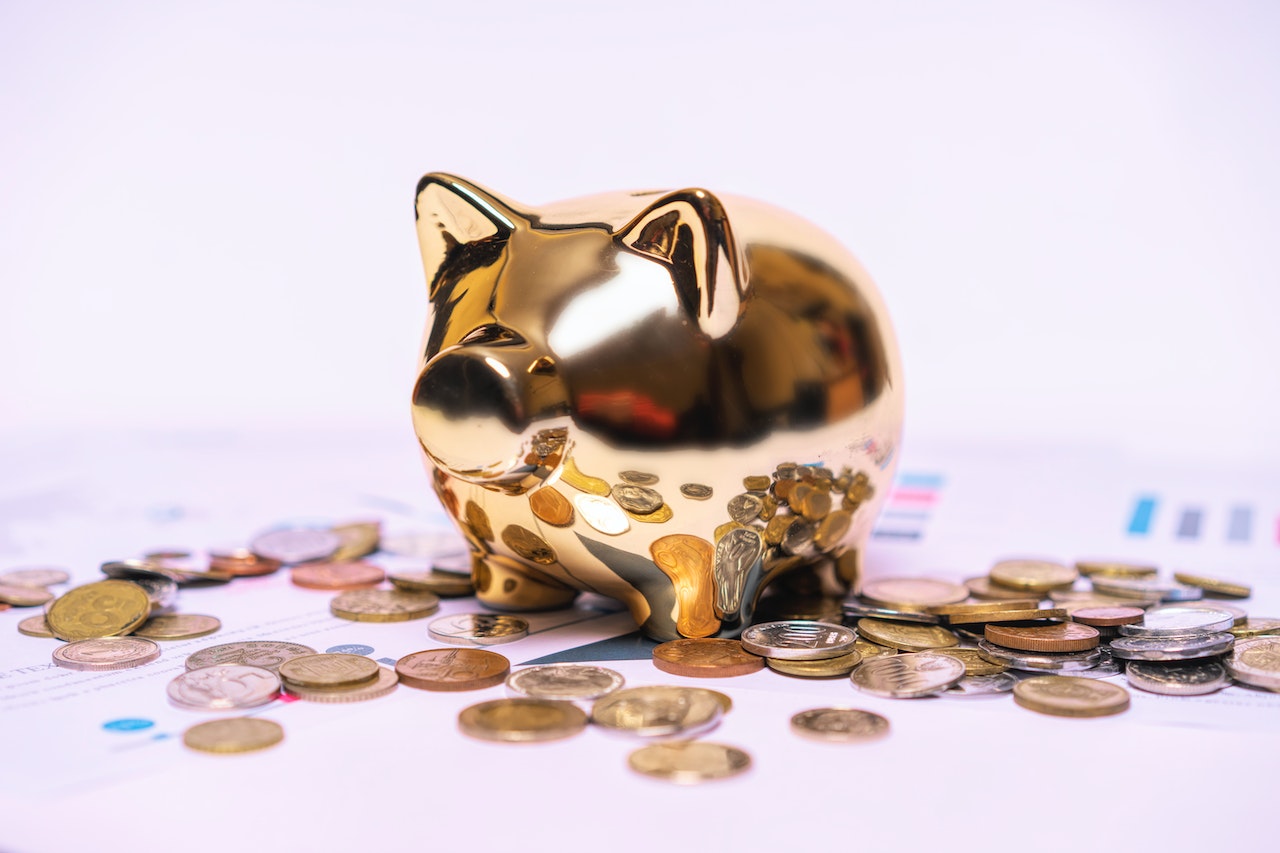
Pull out your wallet and grab that one-dollar bill. If you look at it, it will remind you of something. Ten years ago, you used to have a different bill. It looks different. Because the one you have in your hand now isn’t worth the same as the one-dollar bill you had back then. A dollar used to be enough to buy a meal at your favorite fast food place.
Now, a dollar can almost only buy you coffee. And, you wish you could go back to when getting a dollar from your parents was still exciting.
You may have already figured out what makes your money lose value – inflation. Inflation is the general rise in prices of goods and services like food, household goods, medical services, and transportation over time. So inflation is who you have to credit the feeling that your money is buying you less and less through the years.
So, how does inflation affect your finances besides making it impossible to get a meal for a dollar?
Inflation Lessens Your “Purchasing Power”
The inflation rate changes constantly, and we use data from the Federal Reserve to determine how fast or slow it is. For example, from 1960 to 2021, the average inflation rate in the Philippines was 3.80% per year.
To show how much inflation can hurt your ability to spend, let’s look at how much things cost in 2020 and 2022. You’ll have to pay much more for the same thing in only two years.
Two dozen eggs that cost $2.90 in 2020 will cost about $3.77 in 2022. In the same way, if you paid $300 for electricity, energy, and gas in 2020, the same utilities would cost $454.24 in 2022. Other things, like meat, fruits, and milk, are also getting more expensive in the same way.
When the prices of goods and services are usually higher than the money you make, this can cause problems. When that happens, your ability to buy things or your purchasing power decreases. So to keep up with the rising cost of living, you might have to give up some luxuries and “tighten your belt.”
Inflation Lessens the Value of Your Savings
Having savings and investments doesn’t always mean that your money is growing. For example, suppose the interest rate is lower than the inflation rate. Then, you might be throwing away money you might need.
For example, a person with $2,000 in their bank account with a 1% annual interest rate will have $2,020 the following year. But if inflation is 4.4%, their money will only be worth $1,932. So you need more than the $20 you earned to make up for the $88 you lost because of inflation.
How Do You Manage the Impact of Inflation?
Even though inflation can’t be stopped, you can still do things to lessen the rising effects of prices. Here are some things to think about:
- Plan Ahead
When managing your money, you can deal with inflation with a plan. List down your current and future expenses. Then, make a budget that will cover all your costs, and stick to that budget. By doing this, you can avoid spending too much and buying things you don’t need.
- Increase Your Cash Flow
Look for ways to make extra money. The more you make money, the more likely you will have enough to cover your costs. For example, you could look for part-time jobs or work you can do from home. Having your own business or “side hustle” is another way to make more money.
- Reduce Your Expenses
Review your budget plan and determine if an expense is for something you need or want. Find the right balance between your wants and needs based on how much money you have. If you think your money is tight, list what you need most.
- Start Investing
If you have savings, consider investing in financial vehicles that could give you returns higher than the inflation rate. But, again, talking to a financial advisor to determine options that best suit your capacity and profile is best.
Nostalgia and inflation may cause you to spend too much time reminiscing about the good old days when you could enjoy more for less. Unfortunately, we can’t turn back time. But by having mindful spending habits, we can all cope with inflation.


